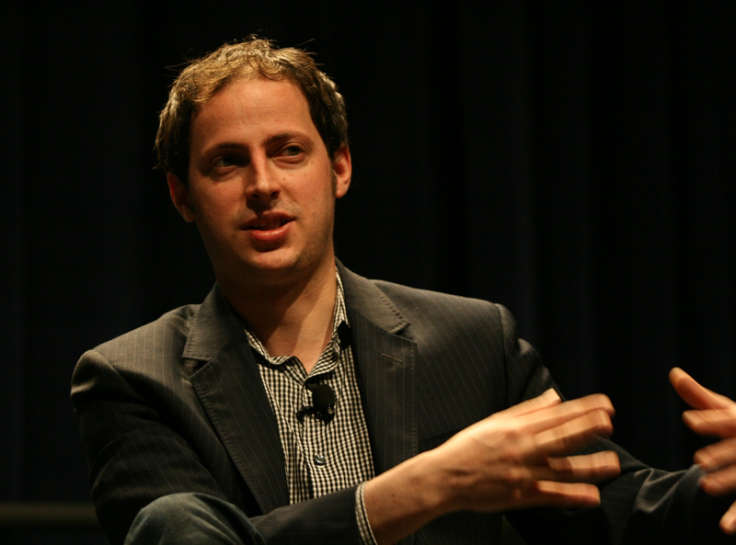Nate Silver 2012 Presidential Election Sage: What Next for the Man with Statistical Crystal Ball?

The day Barack Obama lost his nerve in the 2012 presidential election will go down in US political folklore.
According to a recent gripping account of the election, the incumbent president lost his famed self-assurance a day and a half before his second presidential debate, which held the key to the contest.
The first debate was a flop for the first black president in history, which almost blocked his path to a second White House mandate. Obama had appeared disengaged, tired, pedantic and detached.
On the eve of what would prove a pivotal debate, Obama had a meltdown in front of his aides.
"I don't know if I can do this," he said, losing for once his composure, according to authors and veteran political analysts Mark Halperin and John Heilemann.
Had the president looked more closely at a poker player and baseball obsessive turned election forecaster, however, he might have slept more soundly.
Named and shamed by conservative commentators ahead of Election Day, who jumped on his homosexuality as well as on his scientific rationalism like trained hounds, Nate Silver got 50 states right in 2012 - having predicted correctly "just" 49 at the previous turnout.
While every other American pundit wasted oceans of ink to describe an election "too close to call", preaching that the "neck to neck" election could "go either way", the polling guru made a rather simple, almost syllogistic case for Obama's re-election, of which he declared a 90.9% probability.
Silver's belief in numbers was so high that he even bet with NBC pundit Joe Scarborough $2,000 that Obama would win, in a bizarre remainder of his poker passion (he earned a living playing online poker after quitting his economic consultant job at KPMG in April 2004).
But the gambling also reveals Silver's distrust in US pundits as his confession that he began FiveThirtyEight blog, which is now moving from the New York Times to Walt Disney's ESPN, due to contempt for the traditional media coverage of the elections.
The day after the election must have looked like winning the lottery for the 34-year-old statistician, who was called the "real winner" (MSNBC TV anchor Rachel Maddow), the "new boyfriend of the chattering classes" (Washington Post) and the "lord and god of the algorithm" (Jon Stewart of The Daily Show).
His first book The Signal and the Noise went number two in the bestseller charts, a further signal of the huge fascination emanating from the nerdy-looking mathematician.
However Silver, in his modesty, always denied the notion of dark magic surrounding his predictions (there is even a viral website called Is Nate Silver a Witch?), defending the seriousness of his method.
The "secret" behind Silver's model is in fact a combination of hard work, statistical science, maths and - above all - simple, correct interpretation of data and facts.
Historical voting figures, the bias they might have and the information can be gleaned from them - these are all important analytical operations that must be used to weight facts and include them in a correct interpretational framework.
The case for the US elections is quite an easy one, since the two-party system means that 90% of the electorate has made up its mind and the majority of states have already decided.
Embedding national and individual states' variables such as change in employment in a particular state or federal income tax, Silver described the vote's intention at a national and state level.
Combining the vote predictions with consideration sampling errors, it is possible to build a model which calculates the probability for support for Obama in each state. Silver uses data to compute how much of this probability is above 50%.
In the 2012 election, Silver correctly predicted that Ohio, among the swing states, was the pivotal one to win the presidency and on 1 November he wrote "The simple case for saying Obama is the favourite".
"Mr. Obama is leading in the polls of Ohio and other states that would suffice for him to win 270 electoral votes, and by a margin that has historically translated into victory a fairly high percentage of the time."
A simple sentence that marks, nonetheless, a milestone in a more factual, data-driven approach to political journalism and electoral predictions.
© Copyright IBTimes 2024. All rights reserved.























